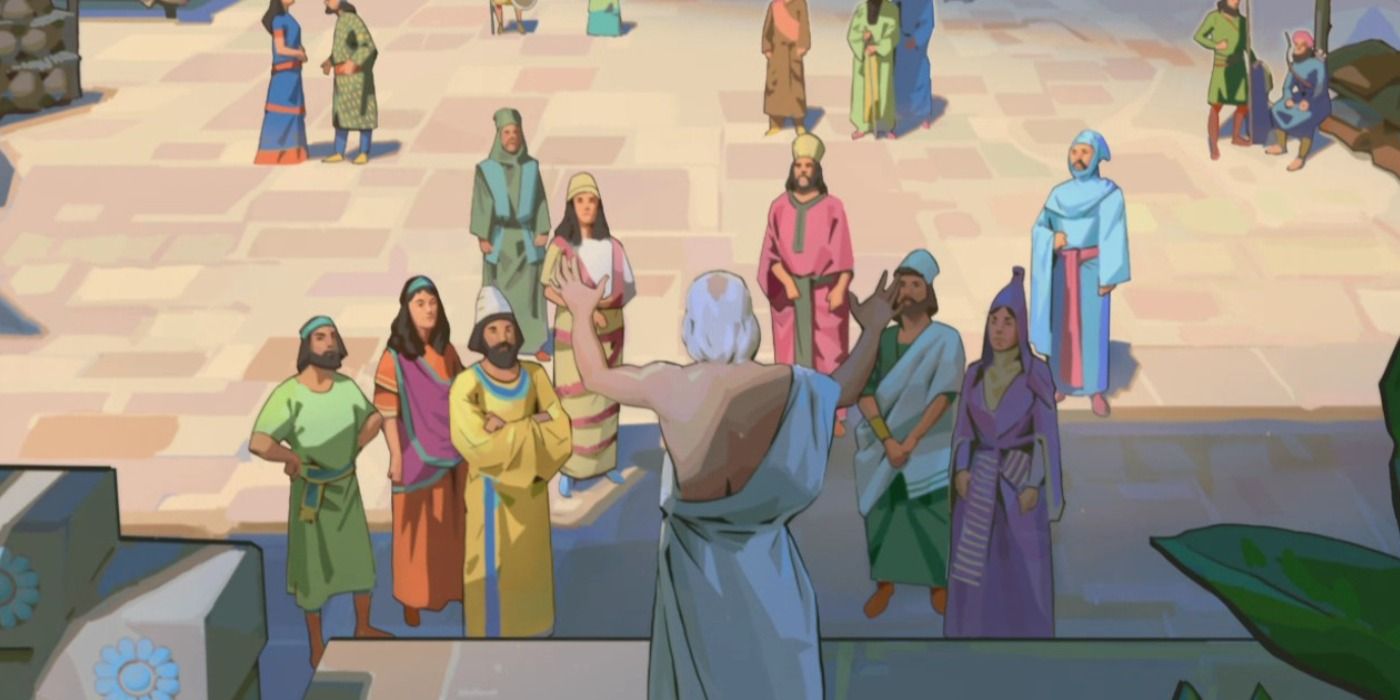
Humankind has many unique gameplay mechanics that can make it challenging for beginners. There have been many different historical strategy games over the years, and the new ideas Humankind introduces will hopefully help shape the genre for years to come.
One such idea is the culture system, which lets players pick a different civilization to incorporate into their culture during each era. Players can combine the traits of the Olmecs in the Ancient Era with the Romans in the Classical Era, and the many combinations that are possible make for a highly replayable experience.
At first, it can be difficult to keep track and manage the many unique mechanics Humankind has to offer. Here’s a look at some important Humankind strategies for new players that will help them in their quest to build the most famous culture in the world.
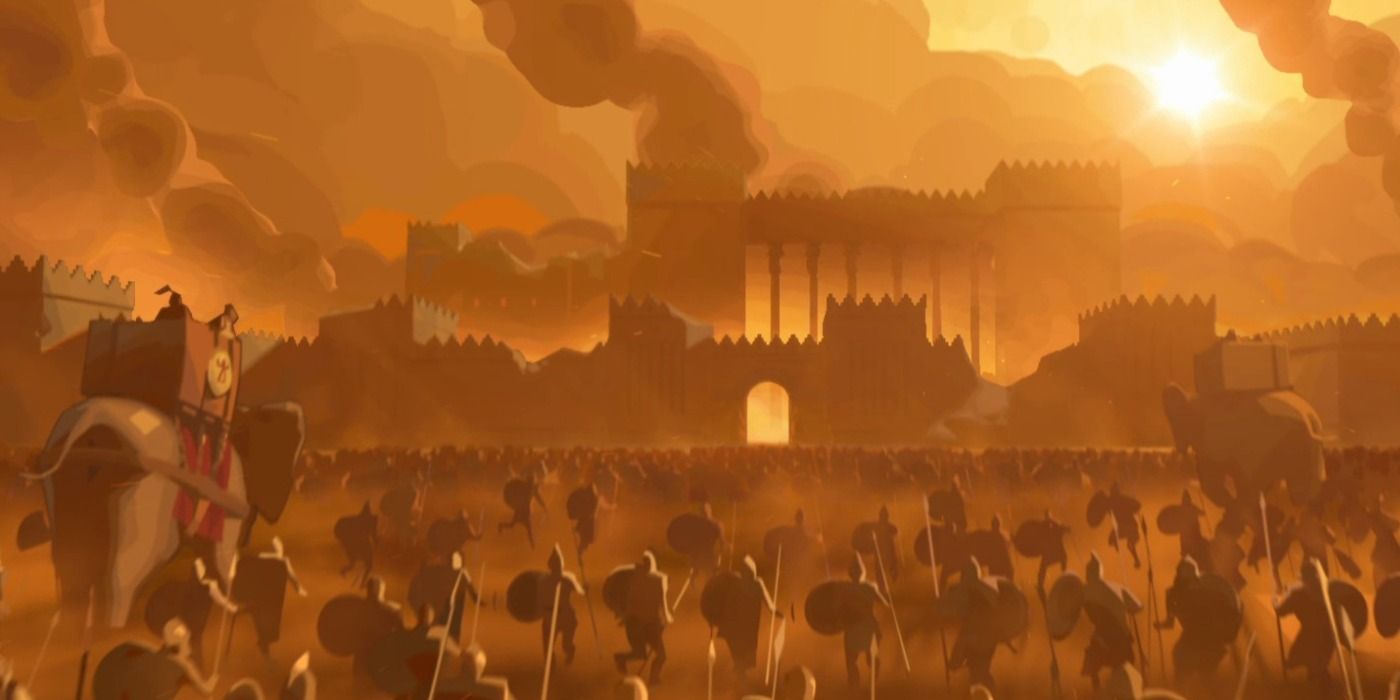
Once the player has the option to lay down an outpost for their tribe at the start of Humankind, they’ve taken the first step to founding a city. However, unlike placing cities in other 4X strategy games like Civilization, outposts in Humankind can be relocated if needed. This gives the player more time to look for areas with high concentrations of food and production, as they’ll help their future capital grow faster and make things quicker.
Keeping an eye out for resources is also important, but players should know that cities obtain all resources in their territory eventually. There’s no need to settle an outpost right next to strategic or luxury resources, though that city will have access to them more quickly the closer they are.
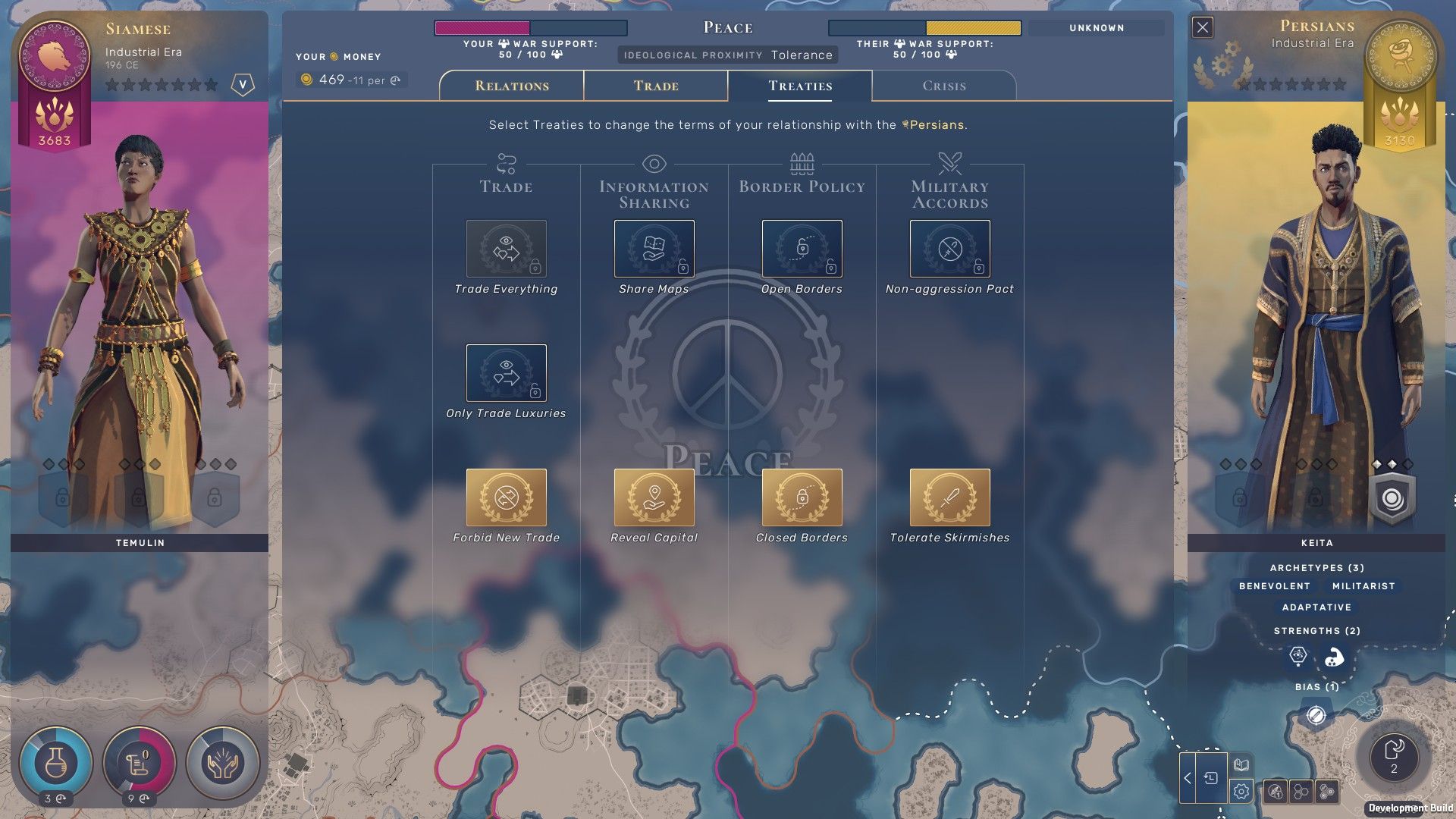
At the beginning of Humankind, each culture is a wandering tribe with no city. Though they’re able to lay down their outpost for a future capital, they cannot research technologies. This means that players will want to progress from the Neolithic Era to the Ancient Era as soon as they’re able.
There are three possible Era Stars that can be completed to do so. The Growth Star requires players to have five population or units. The Hunter Star requires players to defeat five wild animals. The Knowledge Star requires the tribe to have at least 10 knowledge. Fulfilling at least one of these is enough to move into the Ancient Era and beyond.
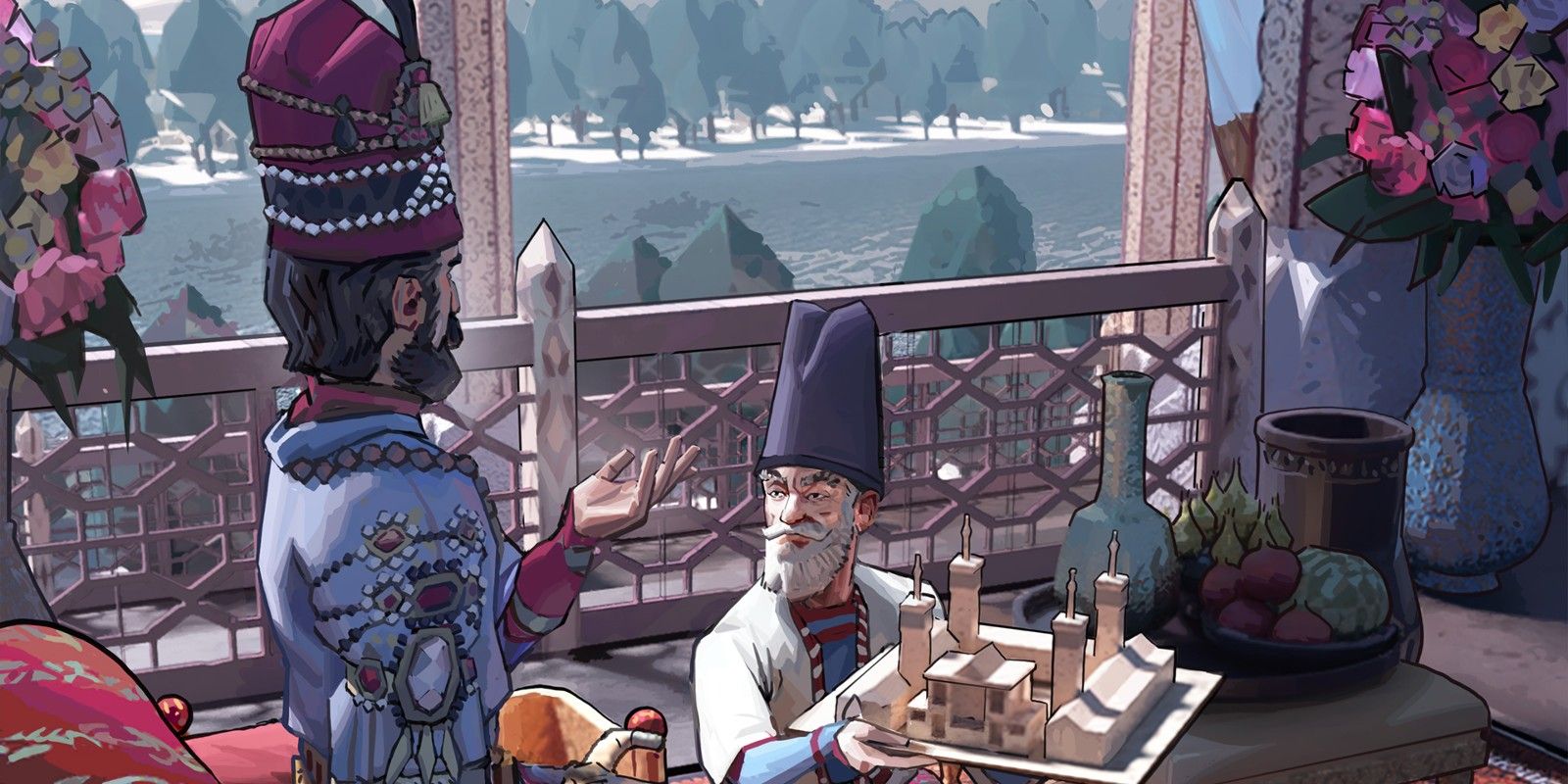
Every time a player gains enough Era Stars, they’ll be able to choose a new culture. Each culture has unique abilities, buildable districts, and military units at its disposal. While every player might have their preferred gameplay strategy and could just pick their favorite culture, choosing one that compliments the districts and specialization path the player chose previously can create synergy.
For instance, picking the Greek culture after the Babylonian civilization will stack both cultures' science bonuses. Or, players can choose a new culture that makes up for the culture's current weakness, such as picking the Aksumites to help patch gold problems. However, players should be wary that each culture can be picked once per game, so it is best not to plan to get a specific one: it might be taken by another player.
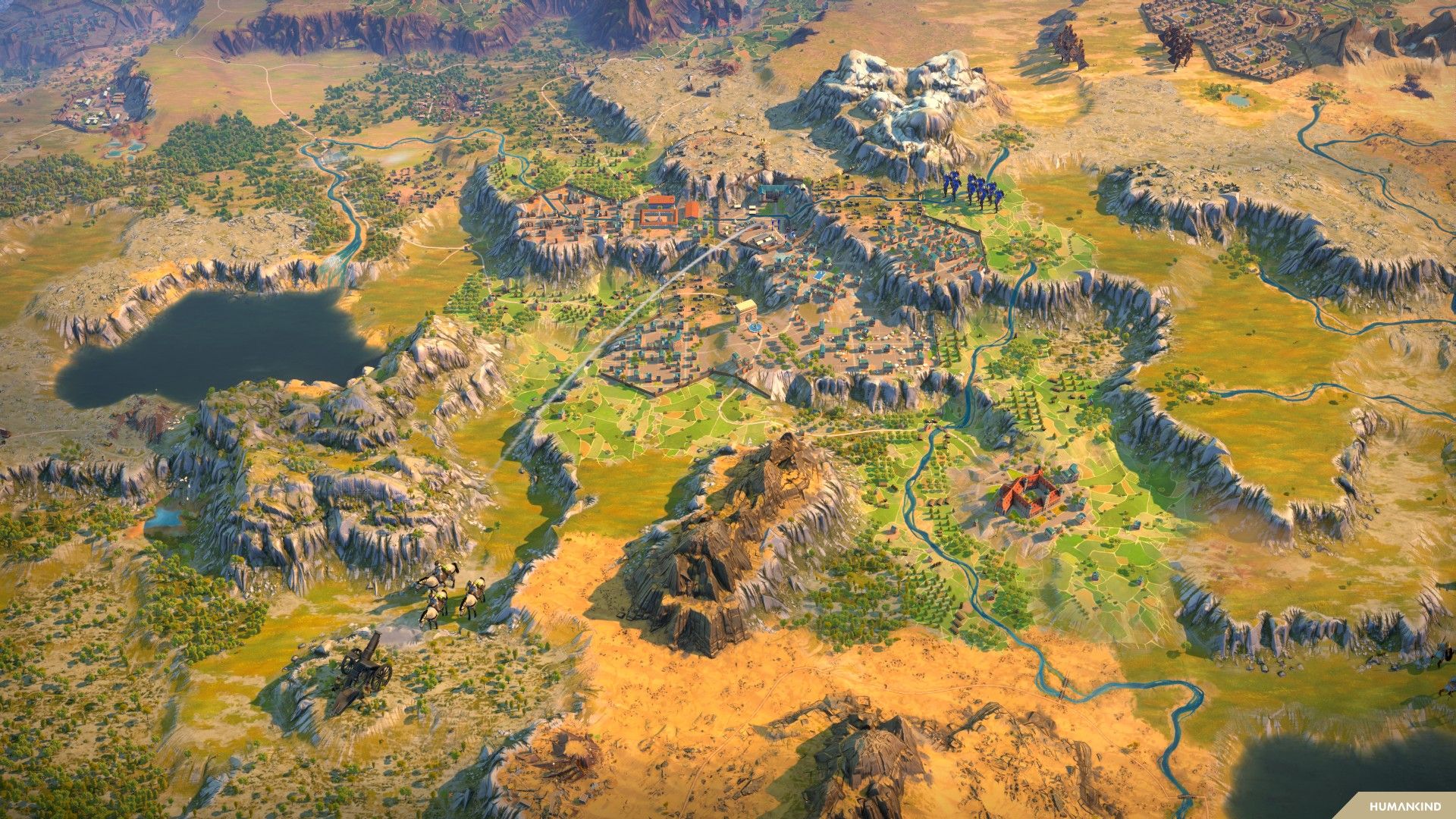
There’s always something out in the world for cultures to discover, so players should not remain in one place. In Humankind, units can stumble upon curiosities, which are randomly generated rewards like food, influence, and more. As the eras progress, more types of curiosities will spawn with varying rewards.
Because curiosities are continually spawning throughout the game and not just the start, having a scout or group of scouts frequent the world in search of them will help the culture grow. Also, discovering new locations can help players earn fame, a resource needed to win the game. Certain competitions reward cultures with fame if they’re the first to discover something like a new continent or natural wonder.
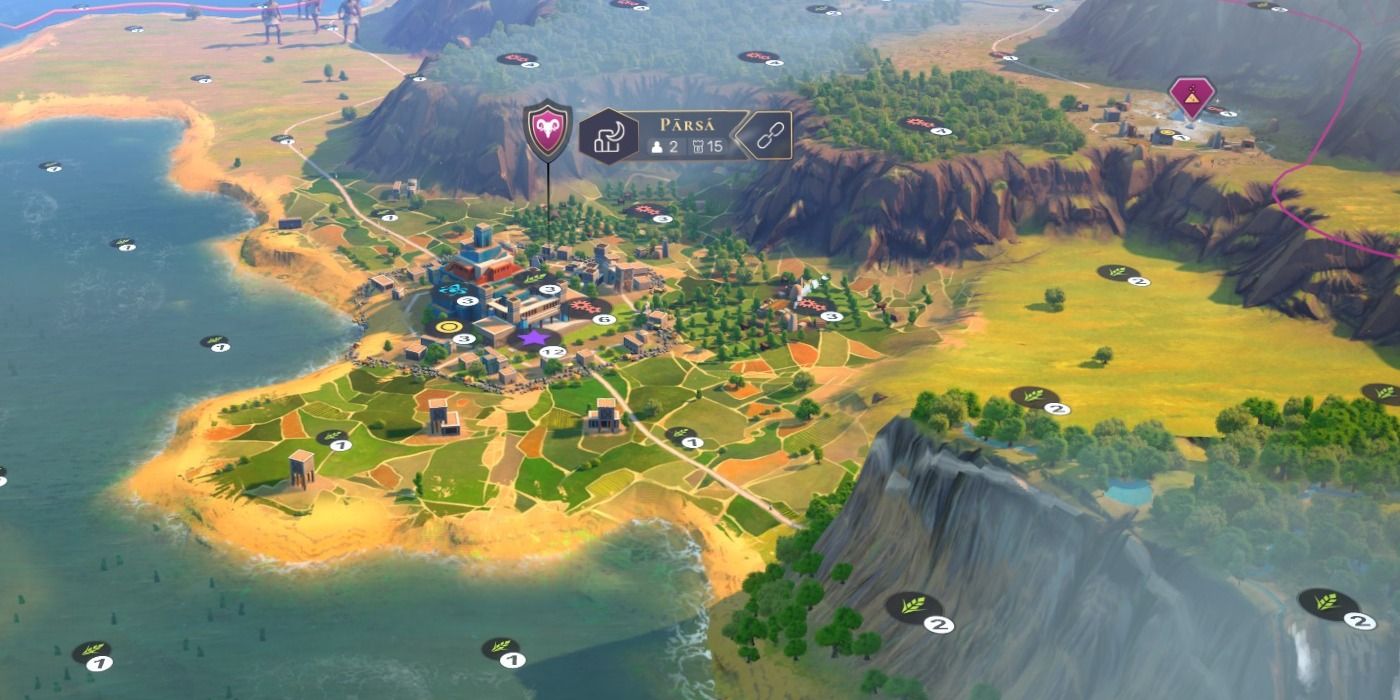
To evolve an outpost into a city in Humankind, players need to spend a certain amount of influence. While it may be tempting to create as many cities as possible, players should know that the amount of influence required increases for every founded city. Also, if a player has more cities than their city capacity, they suffer an influence loss every turn. Claiming territories is important for staking one’s claims, but knowing when and when not to develop them into cities is key to making a manageable empire.
Humankind is available for PC, Macintosh OS, and Stadia.
from ScreenRant - Feed https://ift.tt/3kix05G

0 Comments